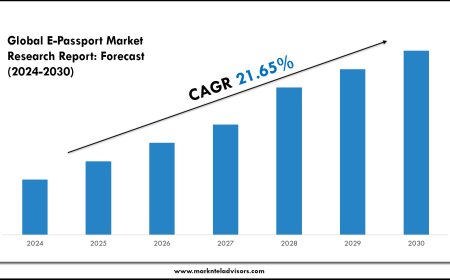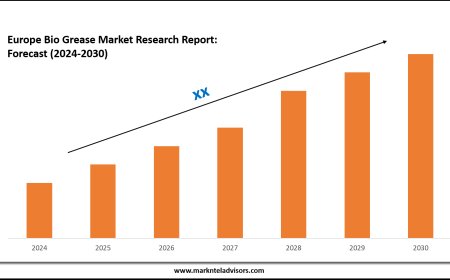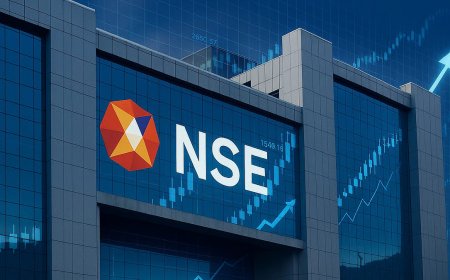The Role of Internal Audit in IFRS S1 and S2 Assurance
The introduction of the International Financial Reporting Standards IFRS S1 and S2 marks a new era of sustainability disclosures. S1 focuses on general sustainability-related risks and opportunities, while S2 provides specific requirements related to climate-related disclosures. For UK companies preparing for adoption, internal audit teams are emerging as key players in ensuring data accuracy, compliance, and stakeholder confidence.
As the UK continues to align its sustainability reporting frameworks with global standards, internal audit functions are increasingly responsible for bridging operational practice and strategic ESG transparency. Their role is not just to validate data but to strengthen governance, ensure controls, and support continuous improvement.
Why Internal Audit Is Central to Sustainability Reporting
Verifying the Accuracy of Non-Financial Data
Unlike traditional financial audits, IFRS S1 and S2 require the assurance of non-financial information, such as carbon emissions, supply chain impacts, and climate risks. Internal auditors must verify that the data collected from across the organisation is accurate, consistent, and compliant with IFRS metrics.
This includes reviewing the reliability of data sources, checking methodologies for emission calculations, and ensuring that scenario analyses are well-documented. In the UK, where regulatory scrutiny on greenwashing is increasing, such internal oversight is vital to avoid reputational and compliance risks.
Enhancing ESG Controls and Processes
To comply with IFRS S1/S2, organisations need robust internal controls for ESG data collection and reporting. Internal auditors help design and assess these controls, identifying any weaknesses in data flows, system integration, or documentation.
Whether its validating climate risk models or evaluating how sustainability data aligns with financial statements, internal auditors ensure the process is defensible. In the UKs highly regulated business environment, this oversight supports external assurance readiness and improves confidence in sustainability reporting.
Integrating ESG Risks into the Enterprise Risk Framework
IFRS S1 and S2 require companies to disclose material sustainability and climate risks that affect enterprise value. Internal audit plays a key role in ensuring these risks are properly identified, documented, and integrated into existing enterprise risk management frameworks.
UK organisations, especially those in energy, finance, and real estate, are re-evaluating their risk registers with climate and sustainability considerations. Internal audit ensures that these risks are aligned with the board-level risk appetite and regularly reviewed for accuracy.
Assisting in Stakeholder Reporting and Transparency
In the UK, stakeholders from investors to regulators demand detailed ESG disclosures backed by credible assurance. Internal audit teams help ensure that sustainability disclosures under IFRS S1 and S2 are clear, consistent, and aligned with stakeholder expectations.
They support corporate communication teams by verifying the basis of reporting, cross-checking statements with data, and flagging any inconsistencies. This helps avoid greenwashing allegations and strengthens trust in published sustainability reports.
Supporting External Assurance Preparations
Although IFRS S1 and S2 do not mandate external assurance, many UK organisations are opting for it to boost credibility. Internal audit teams act as a preparatory layer performing readiness reviews, gap analyses, and mock audits to prepare for third-party verification.
By identifying issues early, internal audit reduces the likelihood of delays or qualifications in external assurance reports. This also demonstrates to regulators and investors that the organisation takes sustainability accountability seriously.
Encouraging a Culture of ESG Awareness and Accountability
One often overlooked role of internal audit is promoting ESG awareness throughout the organisation. Through audits, feedback sessions, and workshops, they help departments understand their role in ESG compliance and performance.
In UK firms transitioning to IFRS S1/S2, internal audit helps embed ESG considerations into decision-making and operational behaviour. Over time, this builds a culture of accountability where sustainability reporting is not a separate task but a core business function.
Conclusion
As UK organisations adopt IFRS S1 and S2, internal audit plays a pivotal role in ensuring the quality, reliability, and integrity of sustainability disclosures. Their involvement strengthens internal controls, prepares companies for external assurance, and integrates ESG risks into strategic planning.
Rather than approaching sustainability assurance as an external requirement, UK businesses should view internal audit as a strategic partner in ESG transformation. Their expertise in risk, governance, and controls positions them at the heart of successful and credible IFRS S1/S2 implementation.

































